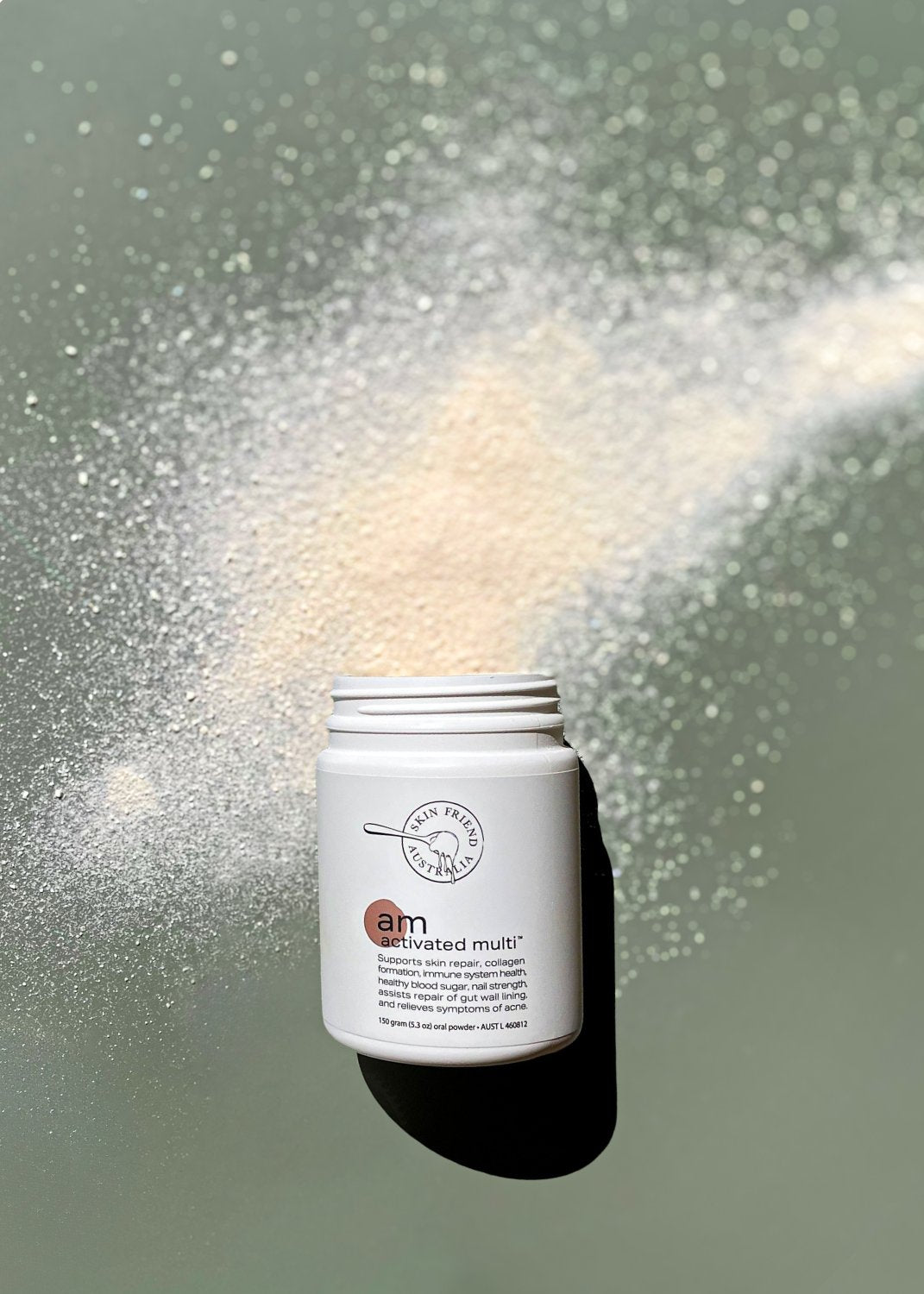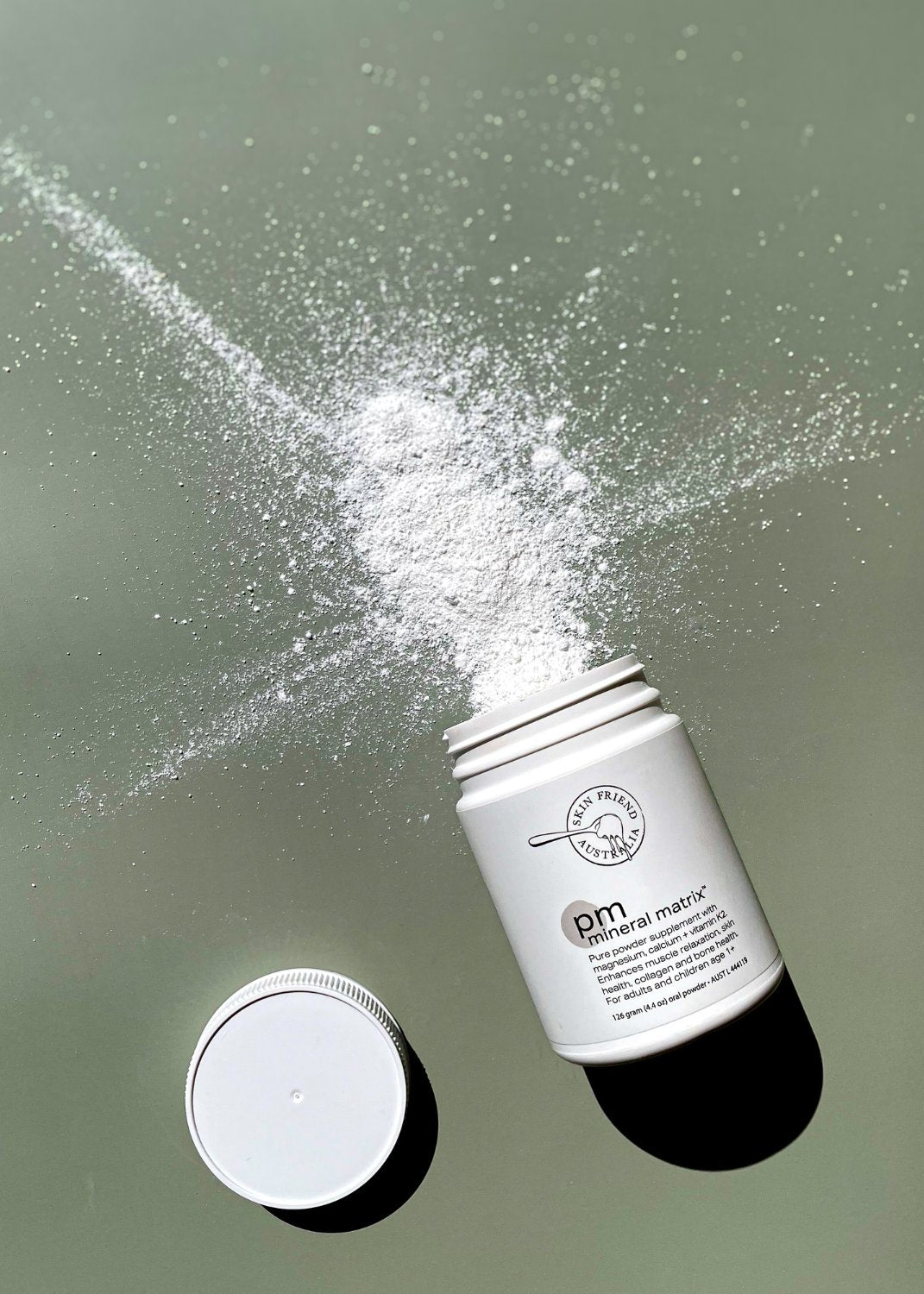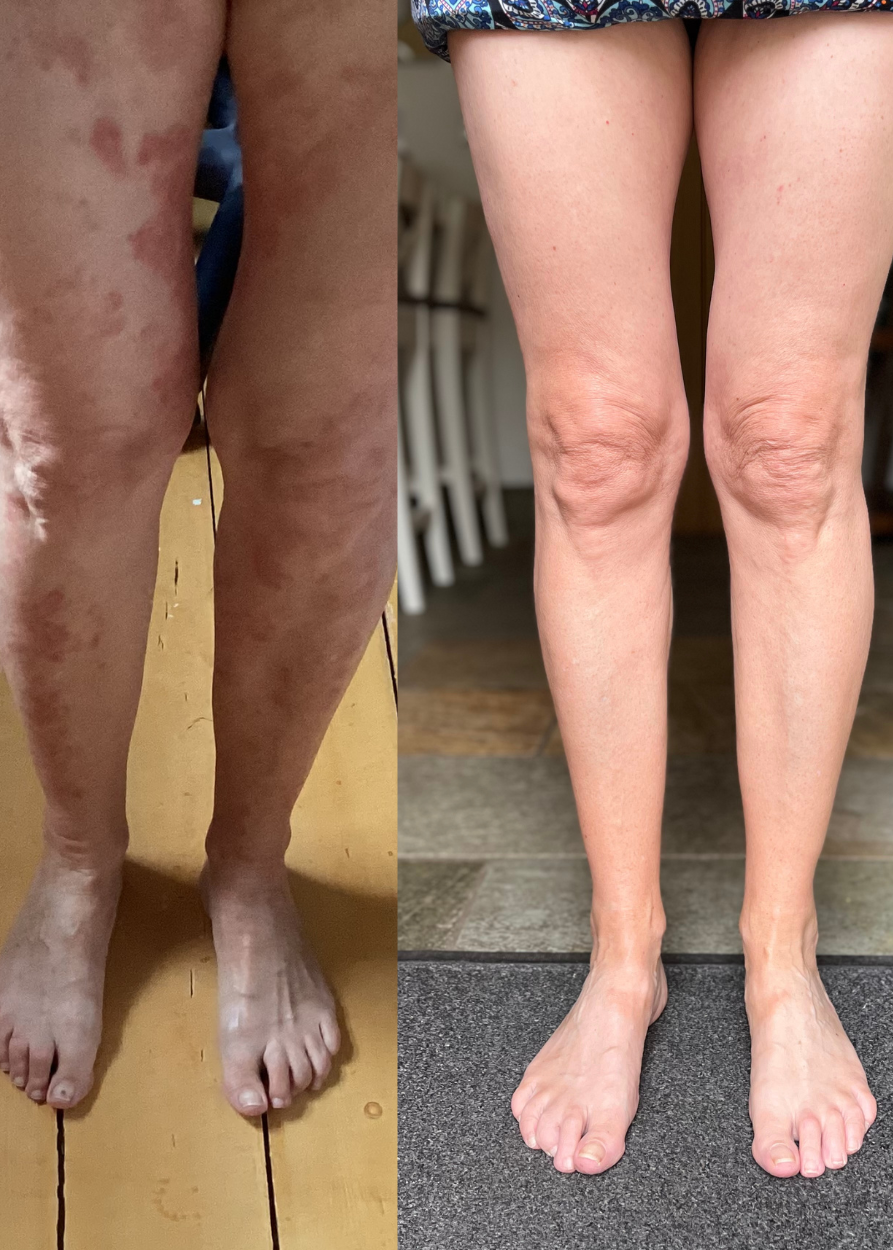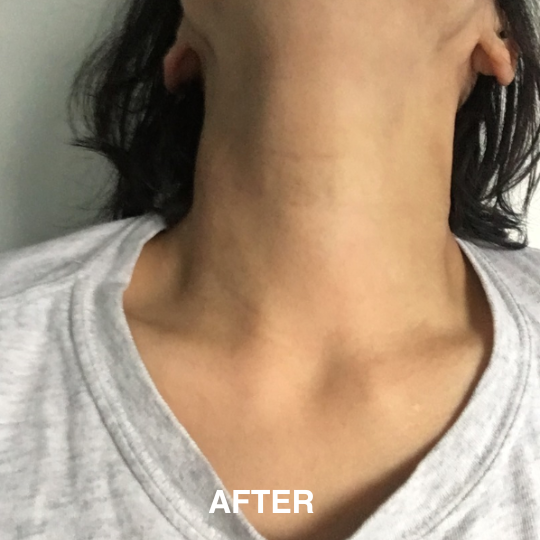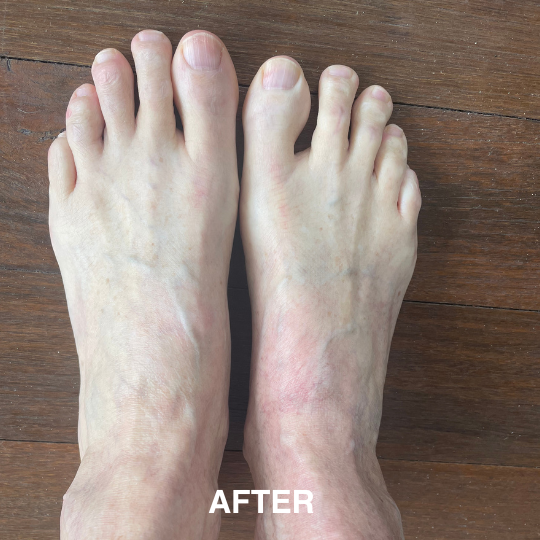Struggling to get a good night's rest? Many people turn to natural sleep aids like melatonin gummies, valerian root tea, or chamomile capsules – hoping for relief.
But here’s the truth: most of those options are either unproven, inconsistent, or only mask the problem. If you’ve tried everything and still wake up restless, magnesium, including magnesium carbonate andmagnesium glycinate for sleep support might be the aid you’ve been missing.
How Magnesium Works
Magnesium plays a vital role in calming the nervous system. It regulates GABA, a brain chemical that quiets activity and helps you relax, and it also influences melatonin, your body’s natural sleep hormone. That means magnesium doesn’t just “knock you out” like some herbal pills or melatonin supplements. Instead, it helps your body slip into its own natural sleep rhythm so you wake up refreshed, not groggy.
Backed by research, magnesium’s role in sleep is becoming clearer. An extensive NHANES study of over 20,000 adults found that people with higher magnesium depletion scores were more likely to experience sleep problems and even sleep apnea. Interestingly, those with lower magnesium intake, obesity, or depression were most affected.
The takeaway? Maintaining healthy magnesium levels with natural sleep aids (like our PM Mineral Matrix) may be key to avoiding sleep disruptions and supporting restorative rest.
Why Other Natural Sleep Aids Fall Short
Melatonin is the supplement most commonly taken for sleep. While it can help with jet lag or reset your sleep schedule, some studies show it doesn’t actually improve sleep quality for most people long-term, and the evidence is limited.
These other natural sleep aids tend to work more like a band-aid rather than addressing what’s happening in the body. That’s where magnesium powder stands out, because it supports the body’s natural systems that regulate relaxation and sleep.
It’s Not Just About Sleep: The Extra Benefits
Magnesium powder helps you with better sleep, but it also helps:
- Ease muscle cramps and restless legs at night
- Support healthy stress responses
- Improve mood and daytime energy
- Promote heart, bone, and overall health
So, while you get deeper rest, you’re also giving your body the nutrients it needs.
Natural Sleep Aids vs Prescription Pills
When you can’t sleep, it’s tempting to choose a prescription over natural sleep aids.
But these can leave you foggy, or even dependent over time. Pills often work by forcing your body to sleep, rather than supporting your natural sleep cycle.
That's where magnesium powder comes in – helping calm your nervous system and regulate brain chemicals, instead of overpowering you. Magnesium powder also absorbs faster and more effectively than capsules or tablets, which sometimes don’t fully break down in the digestive system.
For example, Skin Friend’s magnesium glycinate is gentle on the stomach, highly absorbable, and safe for long-term use. It’s a natural sleep aid that works with your body – not against it.
Magnesium Powder: Is It The Right Natural Sleep Aid For You?
If you’ve tried other natural sleep aids and found they don’t quite work, magnesium powder could be the missing piece. It works with your body, not against it.
Remember, it’s essential to check with your healthcare provider before starting magnesium supplements, especially if you have health conditions or take other medications.
Click for references
Breus MJ, Wang H, O'Bryan A, et al. Effectiveness of magnesium supplementation on sleep quality and mood for adults with poor sleep quality: a randomized double-blind placebo-controlled crossover pilot trial. Med Res Arch. 2024;12(7). doi:10.18103/mra.v12i7.5410. Available from:https://esmed.org/MRA/mra/article/view/5410.
Duga M. Magnesium and sleep health: a critical medical review of its role in sleep regulation and clinical management. 2025. Available from: https://www.academia.edu/129253059
Mah J, Pitre T. Oral magnesium supplementation for insomnia in older adults: a systematic review and meta-analysis. BMC Complement Med Ther. 2021;21(125). doi:10.1186/s12906-021-03297-z. Available from: https://pubmed.ncbi.nlm.nih.gov/33865376/
Papadopol V, Nechifor M. Magnesium in neuroses and neuroticism. In: Vink R, Nechifor M, eds. Magnesium in the Central Nervous System [Internet]. Adelaide (AU): University of Adelaide Press; 2011. Available from: https://www.ncbi.nlm.nih.gov/books/NBK507254/











